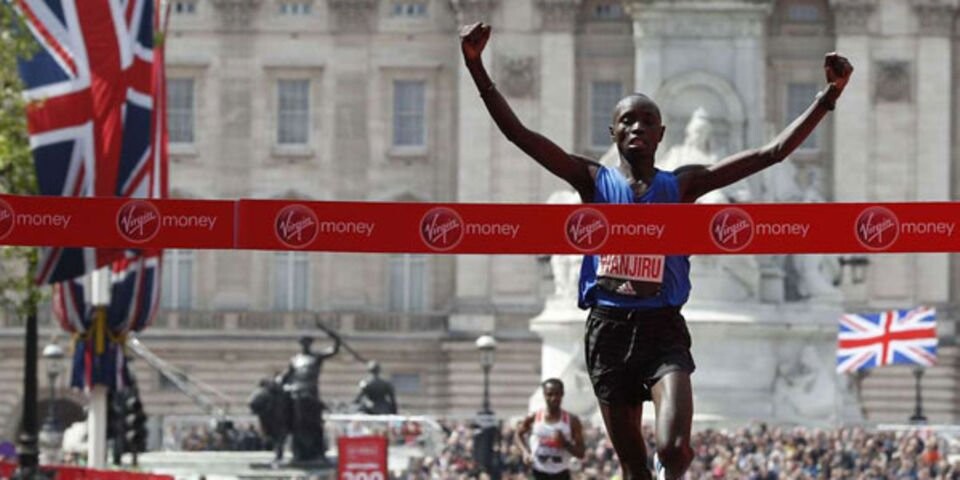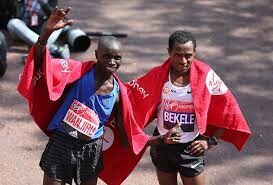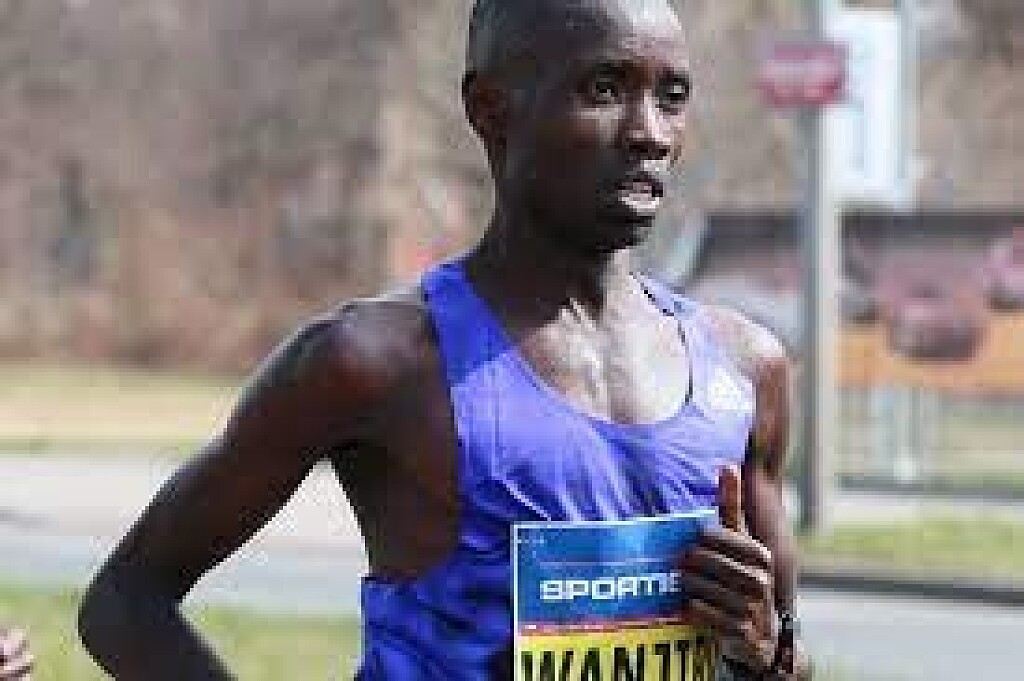Running News Daily
Running News Daily is edited by Bob Anderson. Send your news items to bob@mybestruns.com Advertising opportunities available. Train the Kenyan Way at KATA Kenya and Portugal owned and operated by Bob Anderson. Be sure to catch our movie A Long Run the movie KATA Running Camps and KATA Potato Farms - 31 now open in Kenya! https://kata.ke/
Index to Daily Posts · Sign Up For Updates · Run The World Feed
The Court of Arbitration for Sport upholds Kenyan marathoner's doping ban
The Court of Arbitration for Sport (CAS) has upheld World Athletics’ Disciplinary Tribunal's decision to ban Kenyan marathon runner Daniel Wanjiru for four years for an Athlete Biological Passport (ABP) violation.
CAS President of the Panel Jan Paulsson, who presided over the case, said in the ruling made on February 1, 2022 that the case had no costs, except for the Court Office fee of Swiss Francs 1,000 (Sh124,000) paid by Wanjiru, which is retained by CAS.
However, Wanjiru was ordered to pay World Athletics a contribution of CHF 2,000 (Sh248,000) towards its legal fees and other expenses incurred in connection with these proceedings.

Wanjiru was represented by Michiel Van Dijk from Utrecht, Netherlands during the seat of arbitration on Lausanne, Switzerland.
Wanjiru, the 2016 Amsterdam and 2017 London Marathon, was flagged down in December 2019, but was provisionally suspended in April 2020 before being banned for four years in October the same year.

World Athletics (WA) charged Wanjiru on October 8, 2020 with an anti-doping rule violation (‘ADRV’) as a result of abnormalities found in his ABP.
The WA Disciplinary Tribunal found him guilty of violating Rule 2.2 of the WA Anti-Doping Rules 2019 (‘WA ADR’).
Wanjiru was swift in lodging an appeal.
However, Wanjiru, expressed his innocence, arguing that the abnormal ABP finding must have been the result of an error in the relevant laboratory’s custodial procedures. He also charged that the doping hypothesis or scenario presented by WA didn’t justify the finding of an ADR.
Wanjiru shot to the limelight when he edged out Ethiopian long-distance running legend Kenenisa Bekele to win the London Marathon in 2017, before finishing eighth in the 2017 London World Championships.
A total of 16 blood samples were taken from Wanjiru between April 20, 2017 and April 29, 2019 of which blood sample 14 was taken on March 9, 2019, a day he got down from altitude in Kenya and flew to London.
He competed in the London Half Marathon (Vitality Big Half) on March 10, 2019 and returned to altitude on March 11, 2019. Sample 15 was taken on March 13, 2019.
Wanjiru had undergone numerous doping controls since early 2014 and all were negative with his level of performance having been stable over the years.
However, at the centre of this dispute was Wanjiru’s hematological passport, specifically a blood sample collected from the athlete on the morning of March 9, 2019, the day before he competed in the London Half Marathon (the ‘Vitality Big Half Marathon’).
The athlete’s ABP was submitted to a panel of three qualified and experienced experts for anonymous review, Doctor Laura Garvican Lewis, Professor Giuseppe d’Onofrio and Doctor Paulo Paixao.
The sample, when compared to the rest of the samples in his ABP, was flagged by the Adaptive Model as being an Abnormal Passport Finding.
WA maintained that the Athlete’s highly abnormal ABP indicated blood doping because it couldn’t be explained by any other pathological or physiological cause, as determined and confirmed by a Joint Expert Panel.
Three substances or methods are well known to be used for blood doping.
First, the administering of recombinant human erythropoietin (by injection to trigger erythropoiesis, the stimulation of red blood cells).
by Ayumba Ayodi
Login to leave a comment




